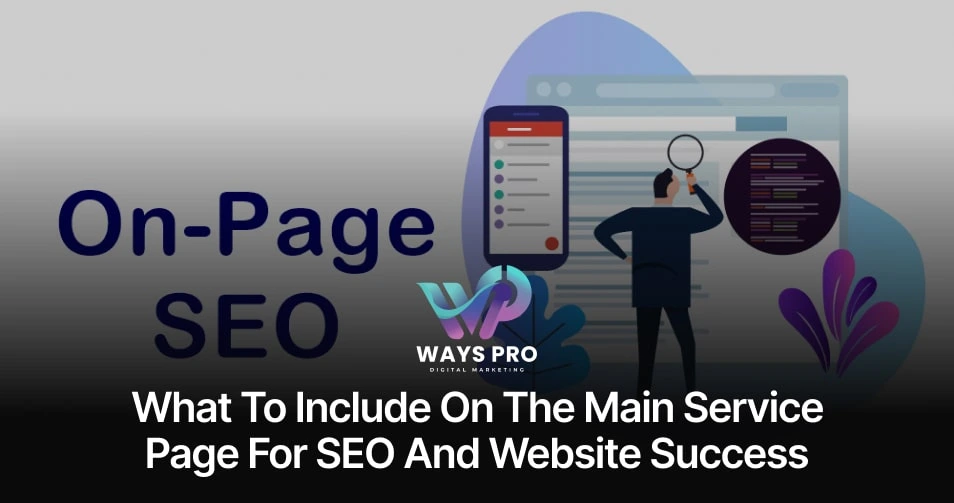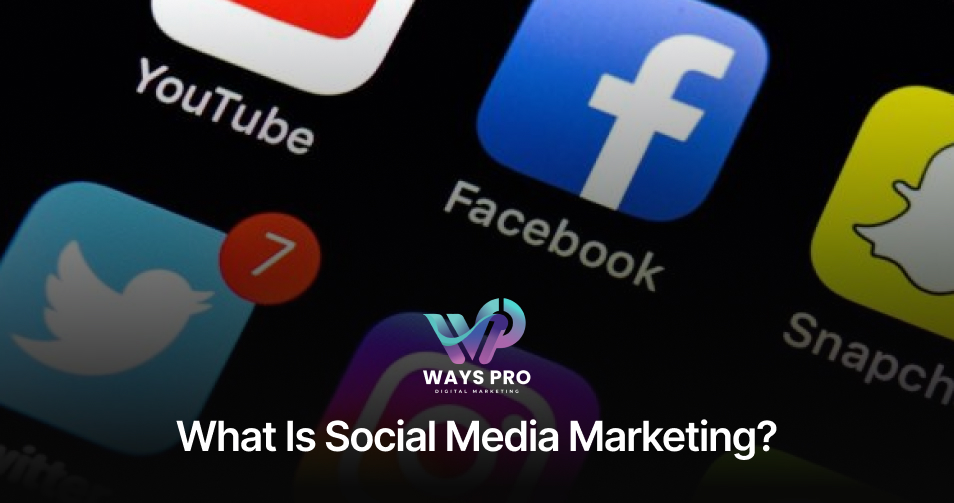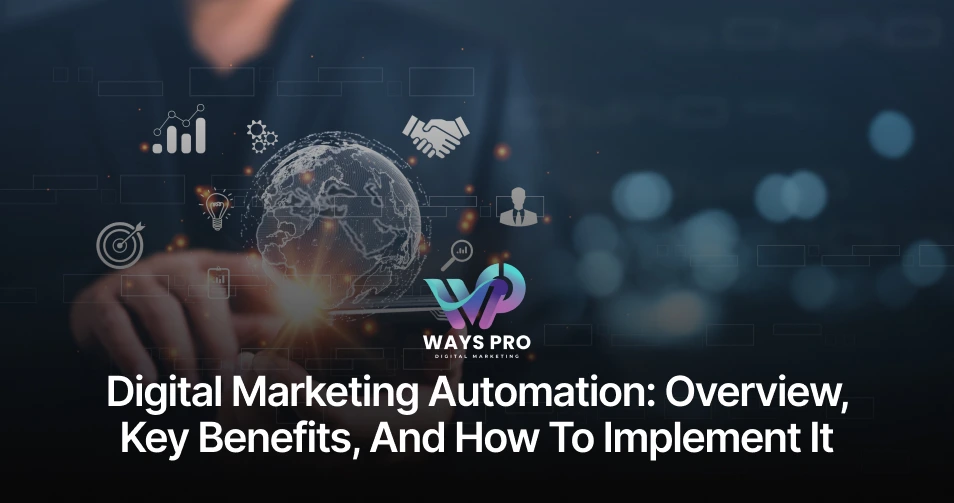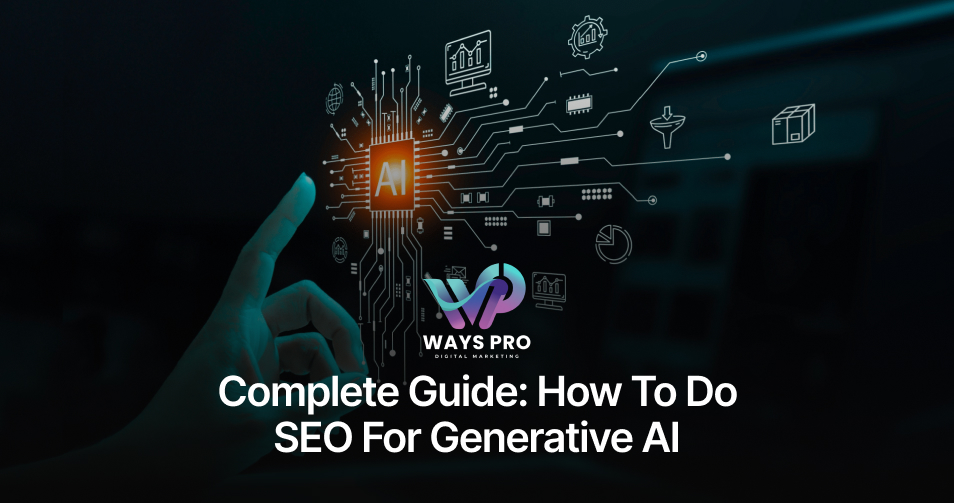The main service page of your website serves as a gateway to your offerings. It’s a critical page that introduces your business, highlights key services, and guides visitors to explore further. To ensure its success, the main service page must balance SEO optimization with a user-friendly design that engages and converts. Below, we’ll explore what to include on the main service page to make it both SEO-friendly and effective at driving business results.
Some of us who are new to the industry are probably thinking about why I am specifically putting pressure on a better service page; let’s first understand what is service page.
What Is a Service Page?
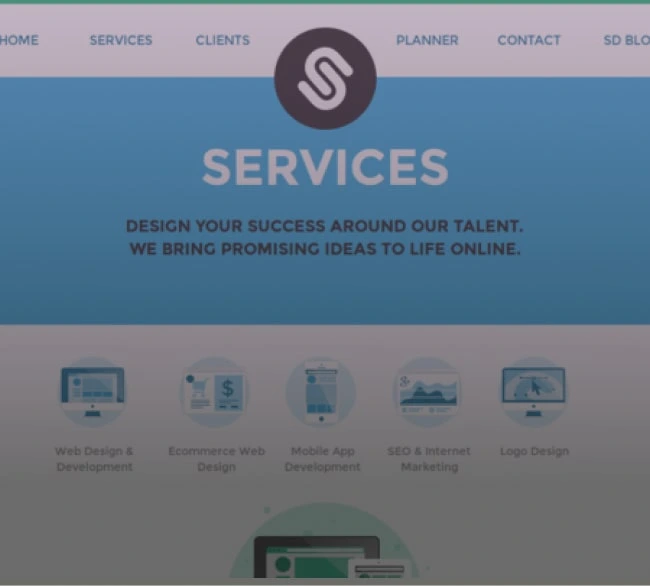
A service page is a dedicated webpage that highlights a specific service your business offers. Unlike generic web pages, service pages are highly targeted, focusing on the features, benefits, and solutions provided by the service. They are crafted to inform, build trust, and persuade visitors to take the next step, whether it’s making a purchase, booking a consultation, or contacting your team.
13 Essential Elements of a High-Performing Service Page
To create a service page that ranks well and drives conversions, you must incorporate these 13 key elements that appeal to both search engines and users.
Checklist for Creating Service Pages
Before launching your service page, ensure it meets these criteria:
- Clear and Engaging Headline: Immediately convey the service’s value and incorporate the primary keyword.
- Overview of Services: Offer a high-level summary of the services your business provides
- Unique Value Proposition (UVP): Clearly differentiate your service from competitors.
- Detailed Descriptions with SEO-Friendly Content: Address customer pain points, features, and benefits.
- Visual Content to Enhance Engagement: Include engaging images, videos, or graphics.
- Social Proof or Trust Signals: Feature testimonials, reviews, and case studies.
- Prominent CTAs: Guide users to take action with clear and compelling calls to action.
- FAQ Section: Including an FAQ section allows you to address common concerns upfront
- Internal Linking and Easy Navigation: Simplify the navigation experience for users by including
- SEO Optimization: Ensure the page is fully optimized for relevant keywords and search engines.
- Mobile Optimization: Verify that the page performs well on all devices.
- Analytics: Set up tracking tools to monitor and improve page performance.
- Trust-Building Guarantees and Policies: For added reassurance, include guarantees or policies,
Clear and Engaging Headline
Your headline is the first thing visitors notice, and it must make an immediate impact. Include the primary keyword naturally to signal relevance to search engines while also making the headline concise and compelling. For example:
- “Expert Digital Marketing Services to Grow Your Business”
- “Transform Your Space with Professional Interior Design Services”
A well-crafted headline should clearly communicate the service’s value proposition while enticing users to explore further.
Overview of Services

Offer a high-level summary of the services your business provides. Use easy-to-read formats, such as bullet points or short paragraphs, to ensure scan ability. Include links to individual service pages for detailed descriptions. For example:
Our Services Include:
- Digital Marketing
- Web Development
- Graphic Design
- SEO Optimization
This not only gives users a quick idea of what you offer but also improves navigation and interlinking for SEO.
Unique Value Proposition (UVP)
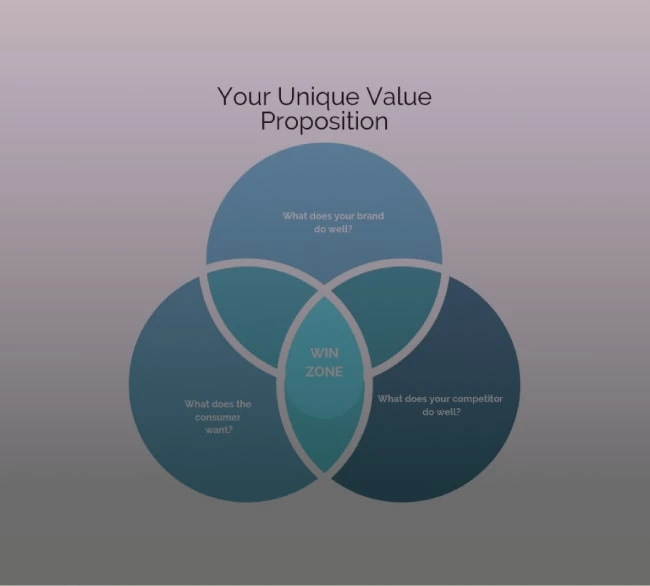
Your UVP explains why your services are the best choice for your target audience. Highlight what sets you apart, such as:
- Expertise or certifications
- Years of experience
- Cost-effectiveness
- Speed or efficiency
- Innovation and creativity
For example:
“Our team combines cutting-edge technology and personalized strategies to deliver measurable results for your business.”
Detailed Descriptions with SEO-Friendly Content
Include a descriptive section that explains your services in depth. This content should be:
- Customer-focused: Address pain points and how your services solve problems.
- Benefit-Driven: Highlight the advantages your customers gain, such as saving time, money, or effort.
- Keyword-Rich: Naturally incorporate primary and secondary keywords related to your services. For example:
- “SEO optimization services for small businesses”
- “Custom web development solutions for eCommerce.”
Ensure the content is engaging and easy to read, avoiding jargon that might confuse your audience.
Visual Content to Enhance Engagement

Visuals play a crucial role in breaking up text and making your main service page more appealing. Include:
- High-Quality Images: Showcase your team, projects, or work environments.
- Explainer Videos: Use videos to demonstrate your services or share customer testimonials.
- Infographics: Highlight processes, benefits, or statistics with visually appealing graphics.
For example, a marketing agency might include a graph showing the results of a recent campaign, while a construction company might display before-and-after photos of completed projects.
Trust Signals
Building trust with potential customers is vital for conversions. Include elements such as:
- Customer Testimonials: Display quotes or video reviews from happy clients.
- Certifications and Awards: Showcase industry certifications, awards, or affiliations.
- Client Logos: For B2B services, include logos of well-known brands you’ve worked with.
- Guarantees: Add satisfaction guarantees or warranties if applicable.

Example:
“Trusted by over 500 businesses worldwide, including [Client 1], [Client 2], and [Client 3].”
Prominent and Strategic Calls-to-Action (CTAs)

CTAs guide users toward the next step in the customer journey. On your main service page, CTAs should:
- Be Visible: Place them above the fold and throughout the page.
- Use Action-Oriented Language: Examples include “Get Started Today,” “Request a Free Quote,” or “Book a Consultation.”
- Be Targeted: Tailor CTAs to your audience’s needs and stage in the decision-making process.
For instance, if you’re targeting businesses, a CTA like “Schedule a Free Strategy Call” might work better than a generic “Contact Us.”
FAQ Section
Including an FAQ section allows you to address common concerns upfront. This not only improves user experience but also helps your page rank better for voice and long-tail search queries.
Examples of questions to address:
- What is the cost of your services?
- How long does the process take?
- Do you offer customizable solutions?
Use schema markup for the FAQ section to enhance visibility in search engine results.
Internal Linking and Easy Navigation
Simplify the navigation experience for users by including the following:
- Links to Individual Service Pages: Guide users to explore detailed descriptions of each service.
- Related Resources: Add links to blog posts, case studies, or guides that complement your services.
- Contact Page Link: Ensure there’s a clear path for users to reach out for inquiries.
For example:
“Learn more about our [SEO services] or [Contact us] today to get started.”
SEO Optimization for Search Visibility

To ensure your main service page ranks well, follow these SEO best practices:
Create Individual, Long-Form Pages for Each Service
Each service should have its dedicated page, targeting specific keywords relevant to that service. This approach allows for deeper keyword integration and more focused content.
Conduct Keyword Research
Identify focus keywords that are:
- Relevant to your service.
- Aligned with your audience’s intent.
- Moderate in keyword difficulty to avoid excessive competition.
Use tools like Google Keyword Planner, Ahref or SEMrush to discover primary and secondary keywords.
Optimize On-Page Elements
- Title Tag: Include the primary keyword and your service name.
- Meta Description: Write a compelling summary with a strong CTA.
- Header Tags: Structure content with H1 for the main service and H2/H3 for subsections.
- Alt Text: Describe images with keyword-rich alt tags.
- URL: Keep URLs short and keyword-focused, e.g., example.com/service-name.
Mobile-Friendly Design
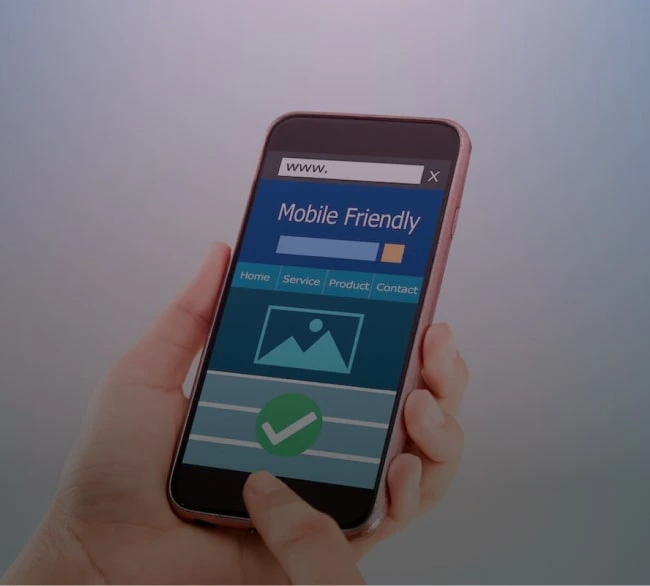
With more users browsing on mobile devices, your main service page must be optimized for mobile. Ensure:
- The layout is responsive.
- Buttons and CTAs are easy to tap.
- The page loads quickly (preferably under 3 seconds).
A mobile-friendly design not only improves user experience but also boosts SEO rankings.
Analysis and Performance Tracking
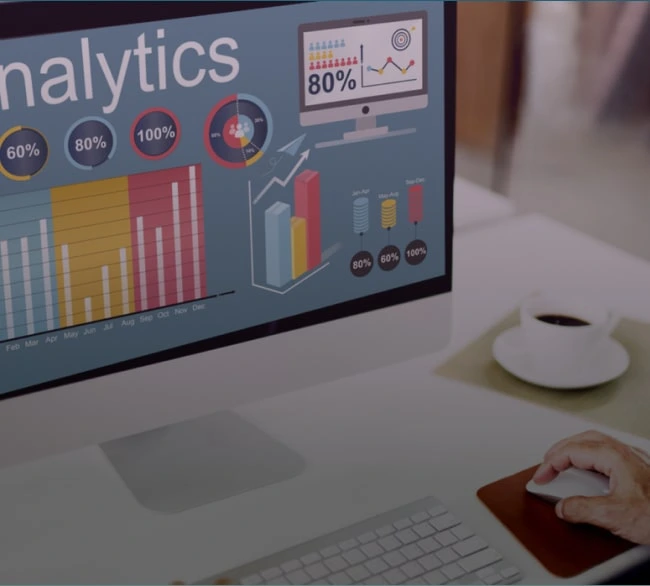
Implement tracking tools to measure the effectiveness of your main service page. Use:
- Google Analytics: Track metrics like bounce rate, time on page, and conversions.
- Google Search Console: Monitors website performance in Google Search, identifying issues and optimizing visibility.
- Google Tag Manager: Simplifies managing and deploying marketing tags without editing website code.
- Bing Webmaster Tools: Optimizes your site for Bing search with insights on performance, indexing, and SEO opportunities.
- Meta Pixel: Tracks user interactions on your website to improve Facebook ad targeting and measure campaign effectiveness.
- Heatmaps: Identify which sections users interact with most.
- A/B Testing: Experiment with headlines, CTAs, or visuals to optimize performance.
Trust-Building Guarantees and Policies
For added reassurance, include guarantees or policies, such as:
- Satisfaction guarantees
- Refund Policies
- Privacy assurances for personal data
This gives users confidence in choosing your services, especially for high-stakes decisions.
Final Thoughts
Your main service page is a critical asset for attracting, engaging, and converting visitors. By including a clear headline, detailed service descriptions, visual content, trust signals, CTAs, and SEO best practices, you can create a page that not only ranks well in search engines but also builds trust and drives action.
Remember, the ultimate goal of the main service page is to provide a seamless experience that answers questions, solves problems, and encourages visitors to take the next step. Continuously update and optimize the page based on user feedback and analytics to ensure it stays effective and competitive.

